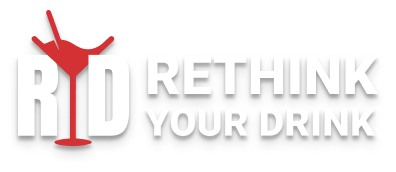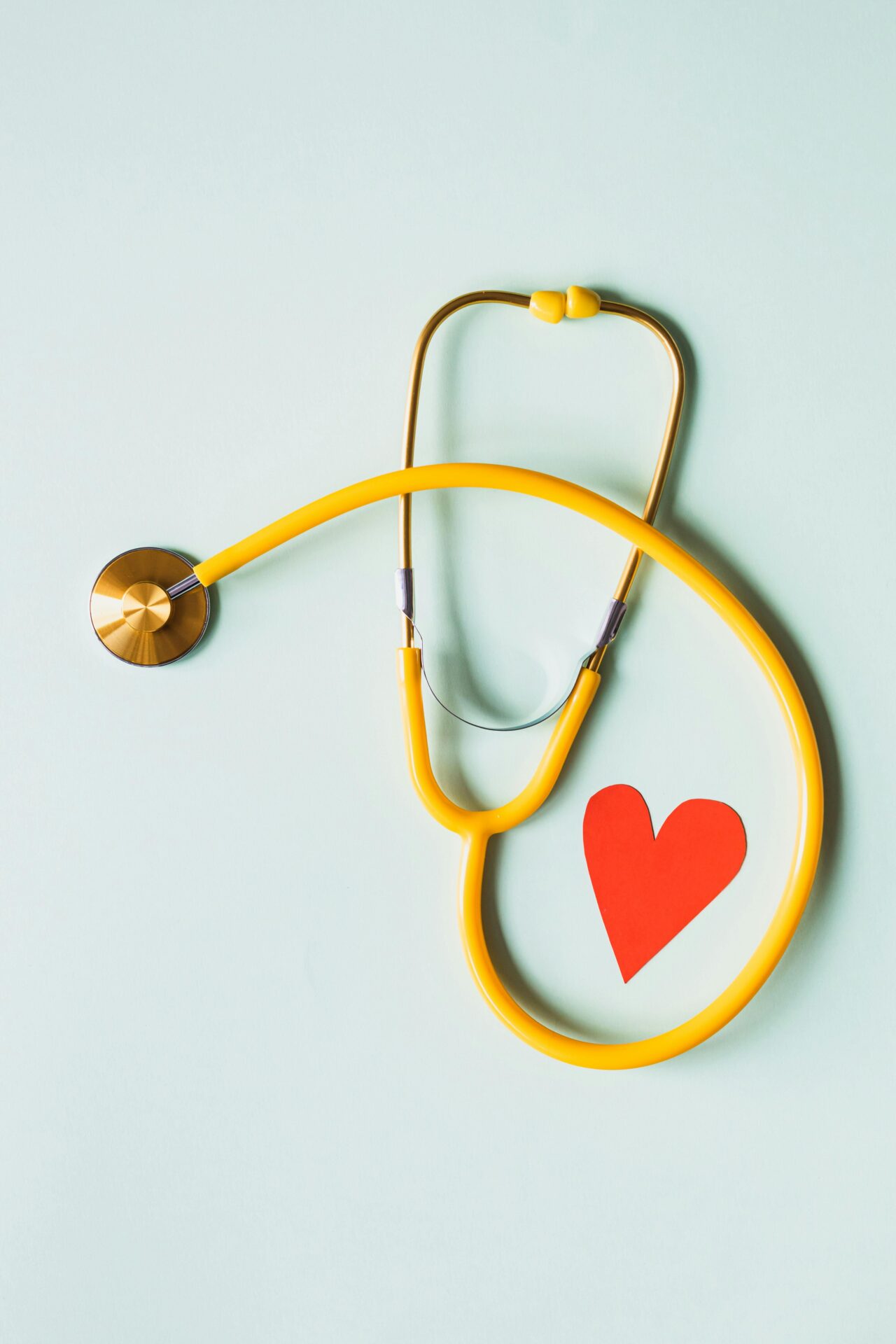Alcohol dependence, also known as alcoholism, describes the most severe form of hazardous drinking, with a strong—often uncontrollable—desire to drink. Alcohol dependence means that a person feels unable to function or survive without it, and drinking becomes an important—or sometimes the most important—factor in their life.
People who become dependent on alcohol may find that they need to drink more to get the same effect. They often prioritize drinking over other activities or responsibilities (such as work or family life) or continue to drink despite harmful consequences—such as liver disease or depression caused by drinking.
Doctors assess whether someone is dependent on alcohol by looking for signs that show that their patient is unable to control their drinking and that they have a strong internal need to use alcohol.
Specific symptoms they look for include:
Impaired control over alcohol use
This may mean that you are unable to control how much alcohol you drink when you drink and how often you drink. You are unable to stop drinking once you start, or you drink on inappropriate occasions or in inappropriate places.
Alcohol as a priority
If you prioritize drinking alcohol over other daily activities and responsibilities, if drinking alcohol is more important to you than taking care of your health, or if you continue to drink despite negative consequences to your health or life.
Undesirable physical or psychological effects of drinking
You are showing signs of increased tolerance to alcohol (you need to drink more to get the same effect), are experiencing withdrawal symptoms, or are using alcohol to prevent or relieve withdrawal symptoms.
A doctor can diagnose alcohol dependence when they see two or more of the following symptoms based on a consistent pattern of your drinking. This is usually based on behavior over the past 12 months or more, but alcohol dependence can be diagnosed based on continuous daily (or almost daily) alcohol use for a period of at least three months.
In many cases, the first step in treating alcohol addiction is to admit that you have a problem. As with many other health problems, the second step is to seek professional help, usually through your local GP surgery, who can refer you to a specialist.
Ongoing treatment options may include
Detoxification (also known as “detox”) can be a key stage of treatment. Detox involves stopping drinking alcohol completely under medical supervision so that the body can adjust to being alcohol-free. During this period, the person may experience withdrawal symptoms.
Cognitive behavioural therapy (CBT) may be offered to help change negative thought patterns that can lead to drinking.
Self-help groups such as Alcoholics Anonymous help in part because of the new support network that a person gains. They can help people adjust their thinking and their attitudes towards themselves and others.
How do I know if I am addicted to alcohol?
You may be surprised to learn that you don’t always have to drink extremely heavily to become addicted to alcohol. Anyone who drinks regularly can experience some degree of alcohol dependence. The first sign of addiction is the need for more alcohol to get the desired effect. Increased tolerance is a physiological response we have to some drugs: the more you drink, the more you need to get the same effect. As your addiction becomes established, you may end up spending most of your time thinking about alcohol or doing the activities needed to obtain, consume, or recover from the effects of drinking.
Breaking the drinking cycle is an important way to check in on—and address—your addiction. It can prevent your body from becoming accustomed to alcohol and help reduce or “reset” your tolerance. Taking regular breaks from drinking is the best way to reduce your risk of developing alcohol dependence.
Treatment must be available to all who need it
Substance addiction is a complex disorder with biological mechanisms affecting the brain and its ability to control substance use. It is not only determined by biological and genetic factors, but also by psychological, social, cultural and environmental factors. Substance addiction is not a disorder of will or character, but a medical disorder that can affect any human being.
Substance abuse treatment is not just about stopping drug use – it is a therapeutic process that includes behavioral changes, psychosocial interventions, and often the use of substitution psychotropic medications.
Addiction can be treated and managed cost-effectively, saving lives, improving the health of affected individuals and their families, and reducing costs to society.
One of the main barriers to treatment and care for people with substance abuse and related problems is stigmatization and discrimination.
Regardless of the level of substance use and regardless of the substance an individual takes, addicted individuals have the same rights to health, education, access to employment opportunities, and reintegration into society as anyone else.
Glossary
Addiction
A group of cognitive, behavioral, and physical symptoms indicating that an individual continues to use a substance despite significant drug-related problems.
Craving
Drug craving is a desire for the previously experienced effects of a psychoactive substance. The desire may become irresistible and may increase in the presence of internal and external cues, especially when the substance is perceived to be available. It is characterized by an increased likelihood of drug-seeking behavior and, in humans, is associated with thoughts about drugs.
Habit
Behavior performed automatically in response to specific stimuli, regardless of its outcome.
Addictiveness
A reduction in the ability of a stimulus to elicit a response.
It is characterized by a withdrawal syndrome that can be fatal. The severity of this syndrome depends on the amount of alcohol consumed, the frequency of use, and the duration of the drinking history. Early withdrawal symptoms include intense tremors, sweating, weakness, irritability, headache, nausea and vomiting, and a rapid heart rate. Alcohol withdrawal can be complicated by a condition known as delirium tremens and is characterized by intense irritability, hyperactivity of the autonomic nervous system, hallucinations, and delusions. Untreated withdrawal syndrome lasts 5 to 7 days. Benzodiazepines are usually used to reduce the severity of alcohol withdrawal due to their effects on GABA-A receptors.




